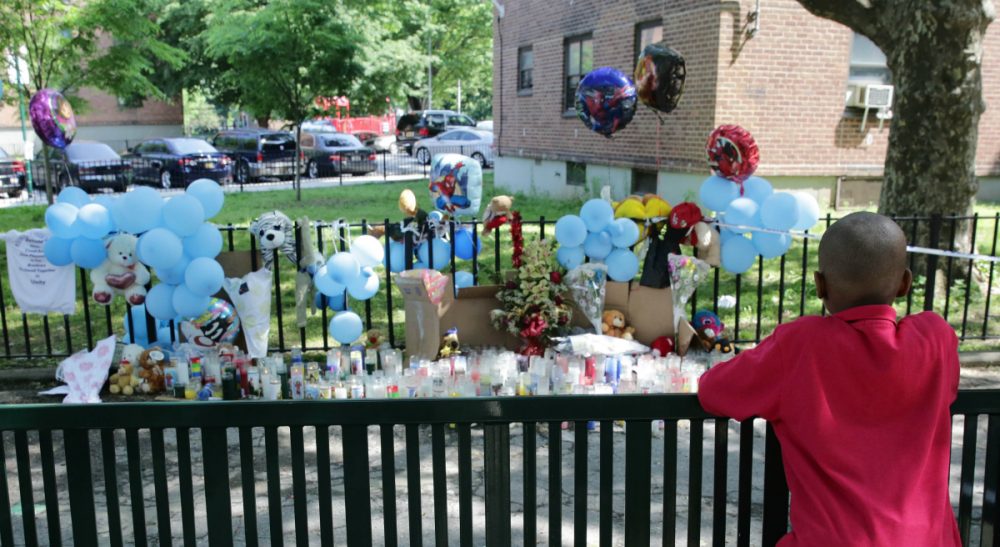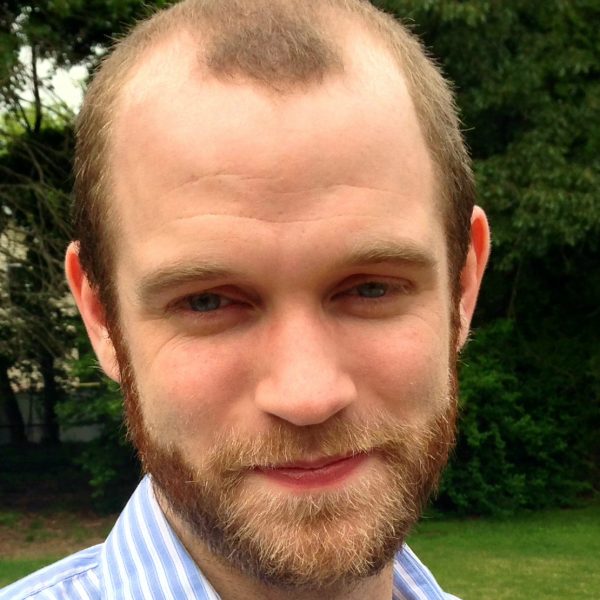Advertisement
Don't Scapegoat The Mentally Ill: Help Them

If “mental health” is again on the docket for discussion in news outlets and on opinion pages, you can guarantee that we’re in the wake of more high profile violent crimes.
Those of us who work in the field of mental health confront a deep ambivalence every time this topic comes up. Of course we want more people talking about mental health issues. As much progress as we have made in understanding mental health and providing the appropriate resources for those with mental illnesses, there’s much more work to be done. But it’s difficult to believe we’ll make much progress when the context for addressing the issue is homicide prevention.
This problem seems particularly urgent, given the recent wave of widely reported crimes allegedly perpetrated by assailants with mental illness. Last week, stabbings in Brooklyn claimed the life of a 6-year-old boy and left a 7-year-old girl in critical condition. A man with mental illness recently released from prison is under arrest in those attacks. Last month’s murderous rampage in Santa Barbara, carried out by a young man known to have mental illness, is disturbing and tragic. At the time of this writing, the identity and mental state of the shooter in this week’s deadly school shooting in Oregon had yet to be named, but some in the media had already rushed in to diagnose him as mentally ill. The impulse to view and address mental health concerns through this lens of violent crime is deeply flawed.
In 2011, of the 32,163 injuries by firearm in the U.S., nearly 20,000 were suicides. A little more than 11,000 were homicides. When guns are involved, the mentally ill are much more likely to turn the gun on themselves than on someone else.
Consider also that, despite mainstream perception, violent crime in the U.S. has significantly declined in the last two decades. We may not realize it, but our society is getting safer. This does not mean that we shouldn’t be doing more to reduce violence, but scapegoating those with mental illness during a time of real progress is misguided.
In fact, according to Shannon Fattaroli, an associate professor of health policy and management at Johns Hopkins, people with mental illness are responsible for only 4 percent of the violence in society. We cannot afford to let special interest groups use the lives of those with mental illness as pawns in a political battle. It sends the wrong message about the real challenges that we face. As Jeff Deeney persuasively argued in The Atlantic, we must not confuse mental health interventions with law enforcement.
...people with mental illness are responsible for only 4 percent of the violence in society. We cannot afford to let special interest groups use the lives of those with mental illness as pawns in a political battle.
It’s not just that addressing mental illness in the context of public safety misses the mark on understanding the nature of violence. It gets the story backwards. We do not need to worry about how to protect our society from those with mental illness. We need to figure how to stop our society from actively harming those with mental illness.
In my work at a school for students with mental health needs, I encounter a wide range of individuals. Most have complex learning and behavioral challenges, which we attempt to treat as we prepare them for the rest of their lives. Though some of them exhibit violent behavior, my biggest fear is not that they will hurt someone; it is that they might get too old to qualify for assistance.
Many individuals who qualify for services as children lose those services as adults if their IQ is above a certain threshold. Mental health is much more complex than an intelligence quotient or a diagnosis from the DSM, and many individuals who do not qualify for adult services cannot succeed independently. Without sufficient support, the potential dangers abound.
According to one study, those with mental illness were five times more likely than the rest of population to be the victims of murder. Those with a mental illness in addition to a substance abuse disorder were nine times more likely to be murdered.
Instead of treating individuals with mental illness who run into trouble with law enforcement, many are simply thrown in prison. The Treatment Advocacy Center recently reported that there are 10 times as many people with serious mental health conditions in prisons and jails than there are in state psychiatric hospitals. Though they can receive some services while in prison, it is hardly an environment that lends itself to recovery. Behavioral issues can lead to severe punishments — and sometimes abuse — that only serve to exacerbate the underlying problem.
It is also well known that many in the homeless population have serious mental health conditions, a problem that many say is getting worse.
The spectacle of reporting on mass murders obscures many other very serious problems that our society faces. It might even perpetuate the problem itself. But it also actively misleads us about the struggles posed by mental illness.
We are not likely to provide a safe and secure space for addressing mental health issues if our intention is to stop gun violence or make people feel safer in their homes. If we are serious about reforming our policies to better provide much-needed aid, then we must rebuild our society in a way that makes room for mental illness and its treatments. We can start by placing those who need support front and center.
Related:
